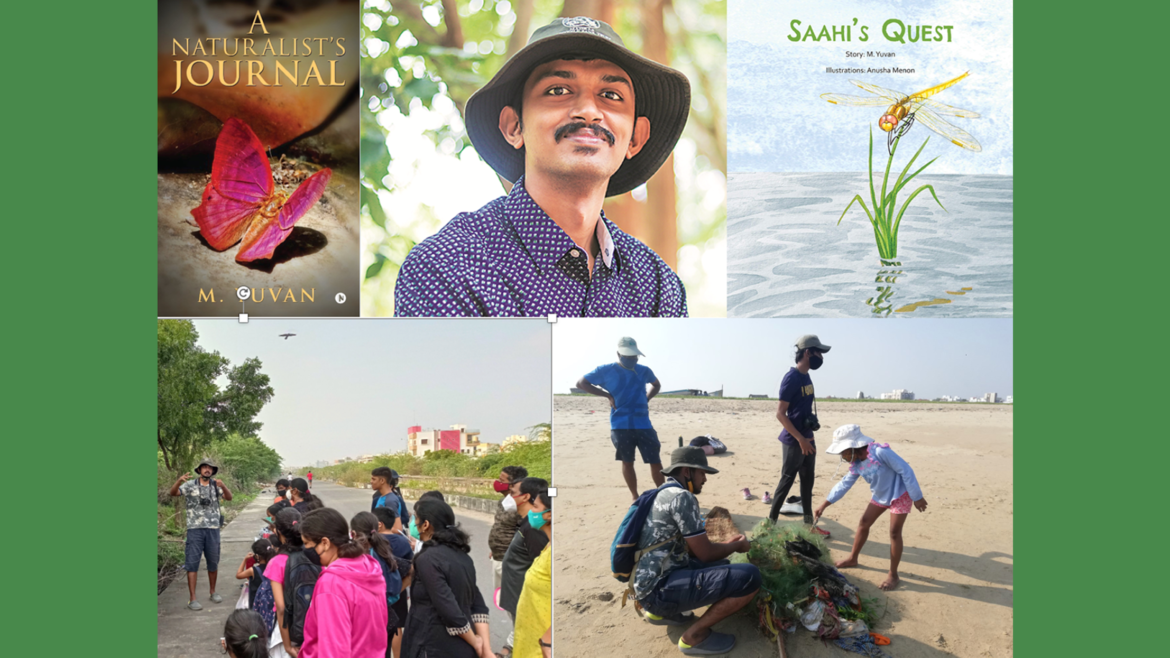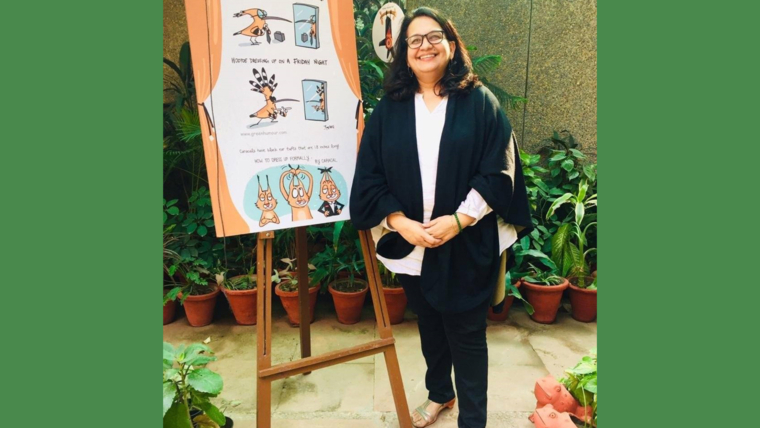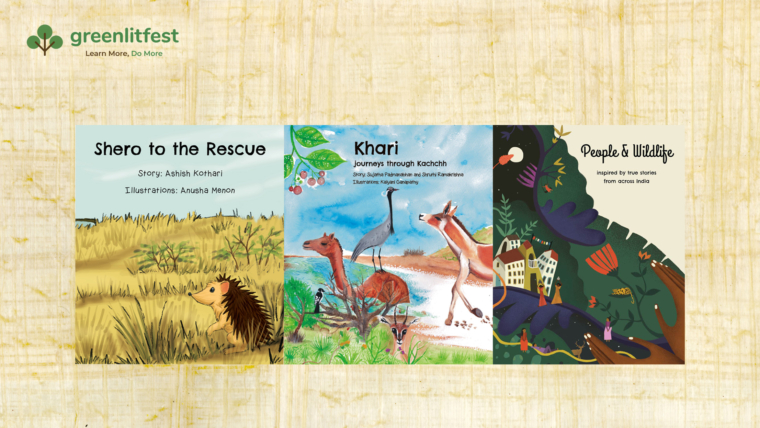Naturalist, ecological activist, educator and writer, Yuvan Aves is a young man with many talents. In Class IX, he left formal schooling to pursue a journey in self-education that led to a soul-stirring love affair with the natural world. In a conversation with Meghaa Gupta, he offers insights to life in nature, keeping environmentalism alive in young minds and how writing helps him make sense of all that he sees and feels.
Self-discovery has been at the centre of your educational journey. How did this lead you to nature?
I grew up in very volatile family circumstances and never had stable fathering. At 16, I decided to move away from home and conventional schooling, and joined Pathashaala, a beautiful 100-acre campus in rural Tamil Nadu where I enrolled for my A-levels, scheduled my study time and began educating myself. It was inspired by the philosopher J Krishnamurti, who encouraged curiosity and explorations in nature. A lot of my schooling was watching the landscape around me and understanding it ground-up by walking through it, observing and having conversations with villagers, farmers, children and teachers. During my high schooling I began conducting workshops for children from Government schools in the vicinity, linking their science syllabus to their immediate environment and biodiversity around them.
I also spent many hours reading books collected by one of my teachers, K Ramesh. I read writers like M Krishnan, Annie Dillard, Robert Macfarlane, Gary Zukav, Aldo Leopold, J.Krishnamurti, E.O.Wilson. They became my lens to look at life in ways I wanted to. For them nature was a metaphor not an occupation and being a naturalist meant standing up for the earth, having the courage to question power and being part of a counter-current to hegemonic colonial practices. In my teens, this is what being a naturalist came to mean for me.
Today, you’re taking these learnings to school and college students. Could you tell us a bit more about your work in environment education?
I work with children at Abacus Montessori in Chennai that is grounded in the Montessori philosophy that recognises the importance of remaining in touch with nature as an important stage in the development of children. It has an ‘Earth Farm Society’ curriculum and a Farm School at Vellaputhur where students engage in organic farming. At the primary level, the curriculum is largely sensorial. When you go into the natural world you make complete use of all your senses – sight, smell, taste, touch and hearing. The students are taken into nature, shore walks, for example, and encouraged to experience it through their senses. There is a lot of making, playing and drawing. For example, my primary students recently played a game of beach bingo based on 16 different common things/species one finds on a Chennai beach.
At the middle school level, the learning becomes more direct and engagement with society and environment increases. For example, the children learn permaculture through kitchen gardens. They upcycle, they made bags out of denim jeans. In senior school, the curriculum expands to include citizenship. The students learn about the Right to Information and various laws, and are encouraged to take up various causes. Eleventh graders this year worked on an Urban Trees campaign. They identified common species of trees found near their homes in Chennai, read up on laws to protect them and drafted a petition against the abuse and indiscriminate felling of trees with the help of the school, environmental activists and the tree protection NGO Nizhal. Their petition was endorsed by 600 school and college students in Chennai before it was posted to the Chief Minister of the state and other public authorities.
In July this year, I began conducting an internship course, ‘Urban Wilderness Walks’ with the Madras Naturalist Society. A bunch of life science college students engaged with their local landscape, observing, documenting, drawing and journaling biodiversity. In August, they led public in their localities on such walks in 25 different places in the city. It was one of my happiest moments as an educator because it kickstarted a largest-of-its-kind movement towards building a profoundly eco-centric culture in cities.
What has been your experience in taking urban kids into natural landscapes? Are there particular behaviour patterns that you observe?
I have generally observed that children up to the age of 5, 8 or 10 years are enthralled by the natural world. Young children are wilderness themselves. They have a great sense of agency, are adventurous and uninhibited. However, slowly, as they are exposed to aspects of urbanity, the material world takes over. Things like cars, football, watches, shoes begin to matter. If they have not been exposed to nature, they begin to develop inhibitions about it and by 14 or 15 years, the sense of wonder is lost.
Apart from being a naturalist and an educator, you are also a writer. What role have literature and writing played in your journey? Could you also tell us a bit about your relationship with the renowned nature writer Robert Macfarlane?
In many ways, writing is the most central part of what I do. I have a daily writing ritual. It helps make sense of all that I see, feel and do and deepens the world for me. It unfurls myself for myself. Literature allows me kinship with people who have walked these paths before me. It uncovers the vividness of life and magic in lived reality.
I’ve been reading Robert Macfarlane’s books since my teens. I had written about Lost Words – its spirit of protest against the removal of nature words from children’s vocabulary. That’s how we first connected and continued being in touch. I also play music and in 2019, I adapted his poem Heartwood into Tamil and used it during a Concert for Conservation to protest against the cutting of trees to build a metro station at Panagal park in Chennai. All music comes from the heart of trees. Afterall, musical instruments are made from specific tonewoods – heartwoods of certain trees which sing when struck..
What are you currently working on?
With climate change, seas are becoming more unpredictable and intense, and coastal landscapes are the most vulnerable. Yet they exist on the margins. Through the Madras Naturalist Society, a few friends and I are working on a large project on coastal landscapes across Tamil Nadu. We spend whatever time we have on beaches, estuaries and creeks, interacting with fisher people, observing and documenting, as comprehensively as possible, stories of the ecology and the life there. In a few years, we hope to turn it into a book.



